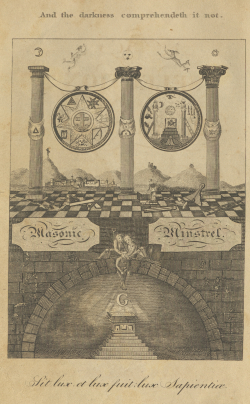Pleyel’s Hymn Lyrics
The Only Prescribed Music in Our Ritual.
By: Bert Dalton
Grand Musician
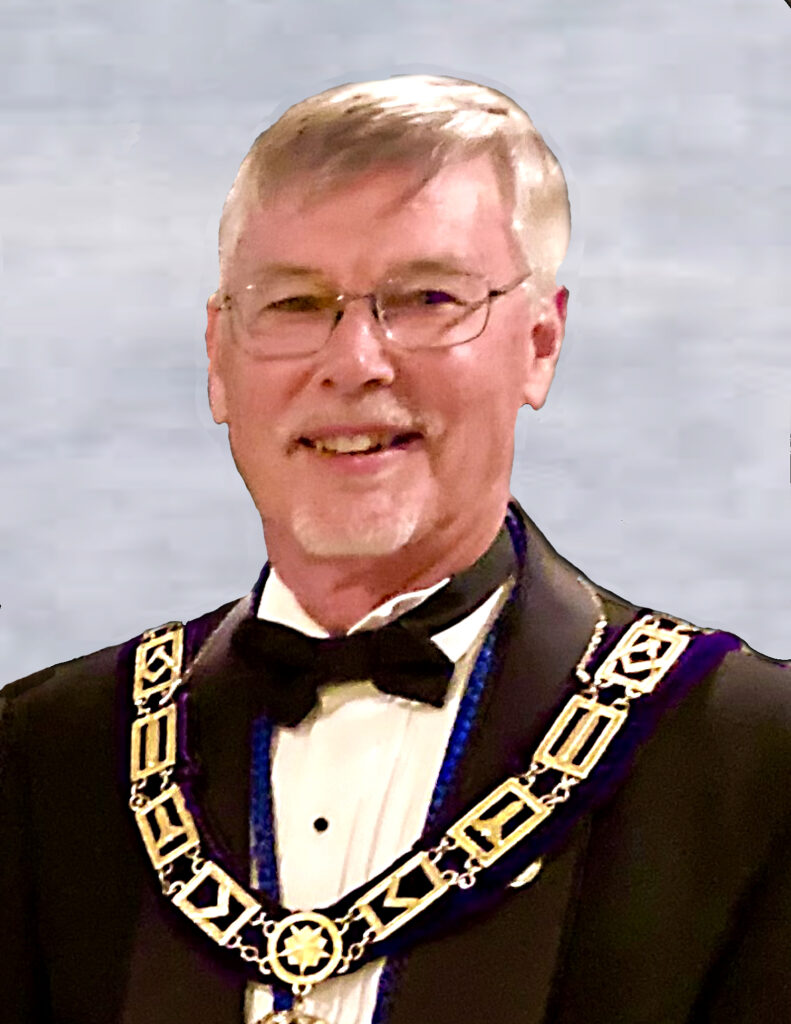
The Lyrics of “Solemn Strikes the Funeral Chime” were written by Bro. David Vinton, 1774-1883, a silversmith, merchant, and itinerant Masonic lecturer. He was born in Bedford, Massachusetts, apprenticed in Boston, and moved to Providence, Rhode Island, where he opened a shop selling his own silverwork alongside bonnets, wigs, butter, sheet music and miscellaneous musical instruments. He was a colleague in the silversmith trade of Bro. Paul Revere. Here are some images of his work. Unfortunately, no portrait or likeness of him has been found.
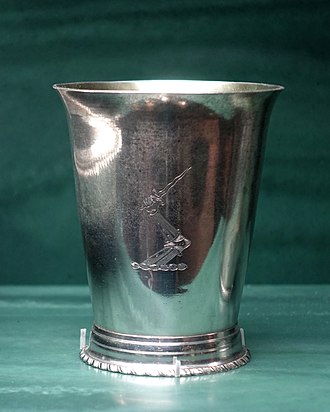

Bro. Vinton was appointed by Mt. Vernon Lodge to compile a Masonic songbook for the use of that lodge. His research was obviously exhaustive, for he compiled hundreds of songs, but rejected many “want of merit, either in the poetry, the musick, or the sentiment.” He composed dozens of lyrics, choral arrangements, poems, essays, a short historical account of Masonry, and even added an appendix listing all the North American Lodges known in 1816. The resulting volume ran 465 pages and was entitled “The Masonic Minstrel – a Selection of Masonic, Sentimental, and Amorous Songs, Duets, Glees, Canons, Rounds and Canzonets, Respectfully Dedicated to the Most Ancient and Honorable Fraternity of Free and Accepted Masons.” The book sold 12,000 copies and included the first appearance of “Solemn Strikes the Funeral Chime.”
In his later years, he travelled throughout the states as a Masonic lecturer, particularly in York Rite ritual. There were many who made their living as itinerant lecturers, such as Thomas Webb and Jeremy Ladd Cross who were also from Providence, R.I. They would found consistories, chapters, and councils, and grant degrees. As they travelled far from their home base, it is possible that Brother Vinton may have encroached on someone else’s territory.
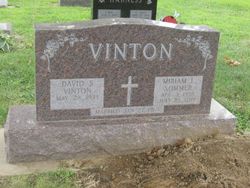
While the details are somewhat sketchy, he was brought up on charges by Franklin Lodge No. 4 of Royal Arch Masons, of which he was a member, for “highly improper and unmasonic conduct.” Bro. Vinton did not respond to the summons and therefore lost his privileges as a Mason in that Grand Chapter and “throughout the world.” It was publicly claimed within the Craft that Vinton had made Mark Masters and Past Masters without a dispensation or a warrant. However, it seems the real reason for the charges was that he was furnishing cipher notes of the degrees, something that wouldn’t raise an eyebrow in light of what Pike and Mackey were publishing by the 1860s.
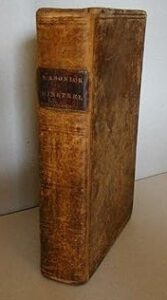
The Grand Lodge of North Carolina jumped on board condemning Bro. Vinton, but the Grand Lodge of Georgia disagreed and defended his good name. In fact, they revealed that Vinton’s lecture ciphers had been approved by “upwards of 200 lodges and chapters in the United States, and by some of the brightest luminaries in the galaxy of Masonry.”
In 1833, after he had fallen seriously ill while travelling through Kentucky, the brethren of Lodge #73 at Bowling Green inquired of the Grand Lodge if he was in good standing as they were “willing to give him funeral honors if his character were cleared up.” The answer returned was that he was not. He was buried without Masonic honors or any Masonic emblems on his grave in Shakertown, Kentucky, in 1833.
The Dirge
Here are the commonly used lyrics. There are a total of six verses, however New Mexico lodges use only verses 1,2,4, & 6. From a purely practical standpoint, that is sufficient time to make the circumambulations in the third degree.
- Solemn strikes the funeral chime. Notes of our departing time, As we journey here below Through a pilgrimage of woe.
- Mortals now indulge a tear; For mortality is here! See how wide her trophies wave O’er the slumbers of the grave.
- Calm, the good man meets his fate; Guards celestial ’round him wait. See! he bursts these mortal chains, And o’er Death the vict’ry gains.
- Here another guest we bring; Seraph of Celestial wing, To our funeral altar come, Waft this friend and brother home.
- There enlarged, thy soul shall see, What was veiled in mystery; Heavenly glories of the place Show his maker face to face.
- Lord of all! below – above- Fill our hearts with truth and love; When dissolves our earthly tie, Take us to Thy Lodge on High.
David Vinton penned four additional verses for the dirge which he included in the “Masonick Minstrel:”
Far, beyond the grave, there lie – Brighter mansions in the sky. Where, enthron’d, the DIETY, Gives man immortality.
There, enlarg’d, his soul will see What was veiled in mystery; Heav’nly glories of the place, Shew his Maker ‘face to face.’
God of life’s Eternal Day! Guide us – lest from Thee we stray, By a false, delusive light, To the shades of endless night!
Calm, the good man meets his fate, Guards celestial ‘round him wait! See! He bursts these mortal chains, And, o’er Death, the Vict’ry gains!
This hymn is used in Arizona, California, Connecticut, Florida, Illinois, Indiana, Kansas, Minnesota, Michigan, Montana, New Jersey, New Mexico, South Carolina, South Dakota, and parts of Alabama and Tennessee.
However, another hymn is used in Georgia, Mississippi, Texas, and parts of Alabama. It is sung to the tune of “Auld Lang Syne.”
- Hark! From the tombs a doleful sound, my ears attend the cry; “Ye living men, come view the ground where you must shortly lie.
- Princes, this clay must be your bed, in spite of all your towers; The tall, the wise, the revered head shall lie as low as ours.”
- Great God! Is this our certain doom, and are we still secure? Still walking downwards to the tomb, and yet prepared no more.
- Grant us the power of quickening grace to fit our souls to fly; Then, when we drop this dying flesh, we’ll rise above the sky.
So this uncomplicated song we have heard and sung so many times has survived the Reign of Terror and charges of unmasonic conduct to be woven deeply into the fabric of our New Mexico ritual. SMIB.
